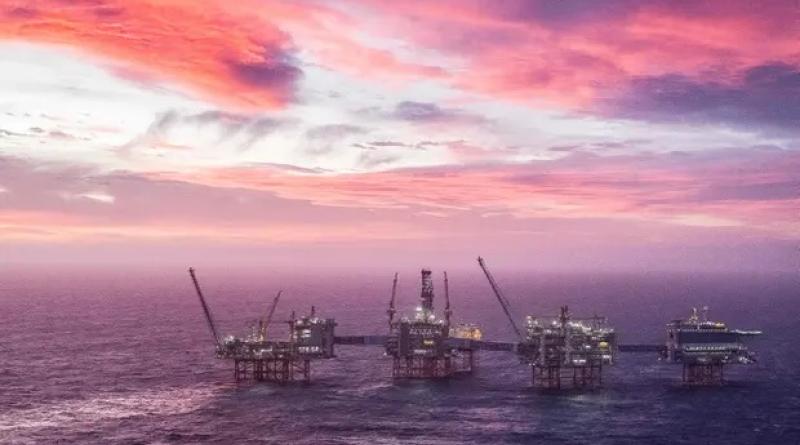The Guardian view on Labour’s green plans: just stop oil to save the planet

Sir Keir Starmer has been admirably straightforward about his mission to make Britain a “clean energy superpower”. Blocking new oil and gas fields is a sine qua non to realise that ambition. The Labour leader even went to the lion’s den of Davos earlier this year to give business leaders that message.
But judging from the headlines over the past few days, you might be forgiven for thinking that Sir Keir had never uttered a word about his plans. Or that Labour had not argued that a big public investment programme was needed to green the economy. The Conservative press instead said Labour’s ideas were a “gift to Putin”; raised a “£28bn question”; and were a sure sign that eco-friendly donors were being appeased. Such a tendentious reading of policy gives opportunistic bunkum a bad name.
It is hard not to think that the reason for all the fuss is the imminent decision on the North Sea’s biggest undeveloped oil and gas field, Rosebank. Rishi Sunak has drawn a clear political dividing line with Labour by saying it makes “no sense” not to invest in it. Yet this is the economics of the madhouse. Equinor, the majority Norwegian state-owned company behind Rosebank, made £62bn last year. But it only has to lay out £350m to develop Rosebank because Mr Sunak will subsidise the venture to the tune of £3.75bn. The jobs created are those of a fading industry, not a future one.
There are dozens more offshore fields coming up for approval over the next four years. None should go ahead – with or without government handouts – because the carbon extracted would contribute to wrecking the planet. This is not about energy security. Fossil fuel prices are set on international markets – and any piped from the UK’s continental shelf would not insulate the country from global shocks. Rather than attacking Labour, the current Tory party chair, Greg Hands, should remember he had made this very point last year. Neither would North Sea hydrocarbons reduce Britain’s exposure to fickle markets over which petrostates and dictatorships attempt to exert control.
The opposition’s plans are more in tune with the government’s expert advisers on the climate change committee who said last year: “The best way of reducing the UK’s future exposure to these volatile prices is to cut fossil fuel consumption on the path to net zero – improving energy efficiency, shifting to a renewables-based power system and electrifying end uses in transport, industry and heating.” Labour’s “Green Prosperity Plan” needs sharpening, not discarding. As the thinktank Common Wealth has shown, every aspect of the UK’s energy system is privatised, which has led to structurally higher prices and a lack of state control over its development. Using public money to stoke a private investment boom won’t guarantee a green transition, let alone a just one.
That is why it is heartening that Labour is looking at government solutions again. The opposition plans an £8bn green sovereign wealth fund that would take public stakes in clean investments as well as the creation of a publicly owned renewable energy producer called Great British Energy. Both see democratically controlled industrial policy, rather than a pro-corporate one, manage the transition from fossil fuels. There currently exists a chasm between the ecologically necessary and the politically possible. Sir Keir’s policies attempt to bridge the gap, while the Tories are merely content with letting delusions rush in to fill it.
cover photo:The decision on the North Sea’s biggest undeveloped oil and gas field, Rosebank, is imminent. Photograph: Carina Johansen/NTB Scanpix/AFP/Getty Images





